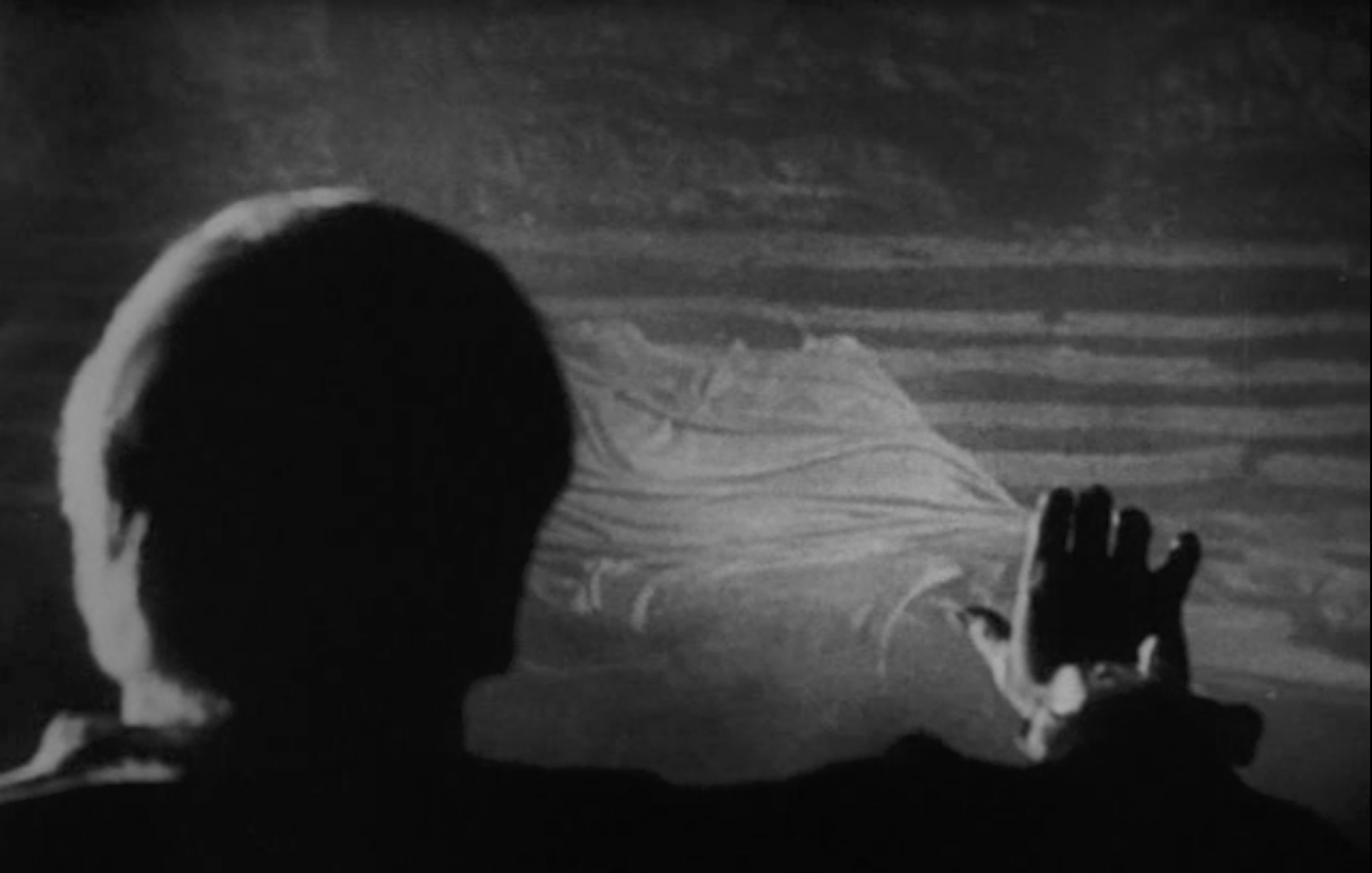IN THE WORKS. Makings and Unmakings of the Video Essay
International conference at the Lucerne School of Art and Design, Switzerland
November 2-4, 2023
One of the first academic conferences devoted to videographic research was held at the Frankfurt Filmmuseum and Goethe University in Germany in 2013. Titled «The Audiovisual Essay: Practice and Theory,» the conference emphasized practice in the presentation-based discussions. As the first speaker of the conference, Catherine Grant described the challenges of this then new scholarly format as «unknown, infinite, or variable» in terms of the experimentation of video production and the reception of this format in academia.
A decade later, as documented in the many interviews led by Will DiGravio for The Video Essay Podcast, the variables have only increased: There seem to be as many methods for making a video essay as there are video essayists. Some start with writing; others begin in the editing software. Some rely entirely on pre-existing footage; others produce original images and sounds, either by recording their screens, with an actual camera and microphone, or using animation techniques. Some work alone, others collaborate. Some essays are made in a couple hours, others take several years to come to fruition. After a video file is exported, some move on to publishing it online, to write a scholarly article about its making, or to send it to festivals and galleries; others keep revisiting their works, updating, restructuring or expanding their former projects into new videographic constellations. Every day video essays are made and unmade in an infinite number of ways.
Steering the discussion about the video essay away from the currently dominant negotiation of its definitions and scholarly affordances, we aim to emphasize the diversity of practices that can be involved in its makings and unmakings. We don’t ask «why» or «what», but rather «how» the video essay is. How does each of us actually work, conceptually as well as practically, with what devices, what tools, following what intuitions? How do we formulate and address the specific challenges that each new projects brings? How do we keep expanding our understanding of how video essays can be made?
After a curated screening on the first evening, the two days of conference will unfold as a series of presentations of on-going, yet unfinished videographic projects by different makers (researchers, filmmakers, online creators, artists…), exposing the doubts and difficulties they are encountering with its development. Half a day will also be dedicated to the on-site production of a collective, experimental video essay, in which all speakers and audience members will be invited to participate.
How to apply?
You may apply to participate to the conference in one of the three following capacities:
* As a Presenter in the inaugural screening
Presenters will present one video during the screening of the first night. We aim to curate a selection of recently finished videos, yet unpublished at the time of the conference.
* As a Speaker
Each speaker will present a 15min presentation of a work-in-progress, sharing the (conceptual, technical, artistic…) aspects of the project with which they are currently struggling. The presentations, organized in thematic panels, will be followed by an ample time for discussion with the respondants and audience.
* As a Respondant
Respondants will be expected to respond publicly to the speaker’s presentations, offering productive feedback and considerate criticism.
Participation is free of cost and travel expenses will be covered for presenters, speakers and respondants.
Your application should include:
1. a 300-word proposal, in which you identify in what capacity you wish to participate. Presenters and Speakers should describe the project they want to present and how it relates to their earlier work.
2. a short bio
3. a link to your personal homepage or portfolio.
As we aim for the conference to be as diverse as possible, we will evaluate each proposition’s intrinsic qualities as well as its complementarity with the rest of the program.
Please send your application to: email hidden; JavaScript is required by 20 April 2023.
We look forward to your proposals!
